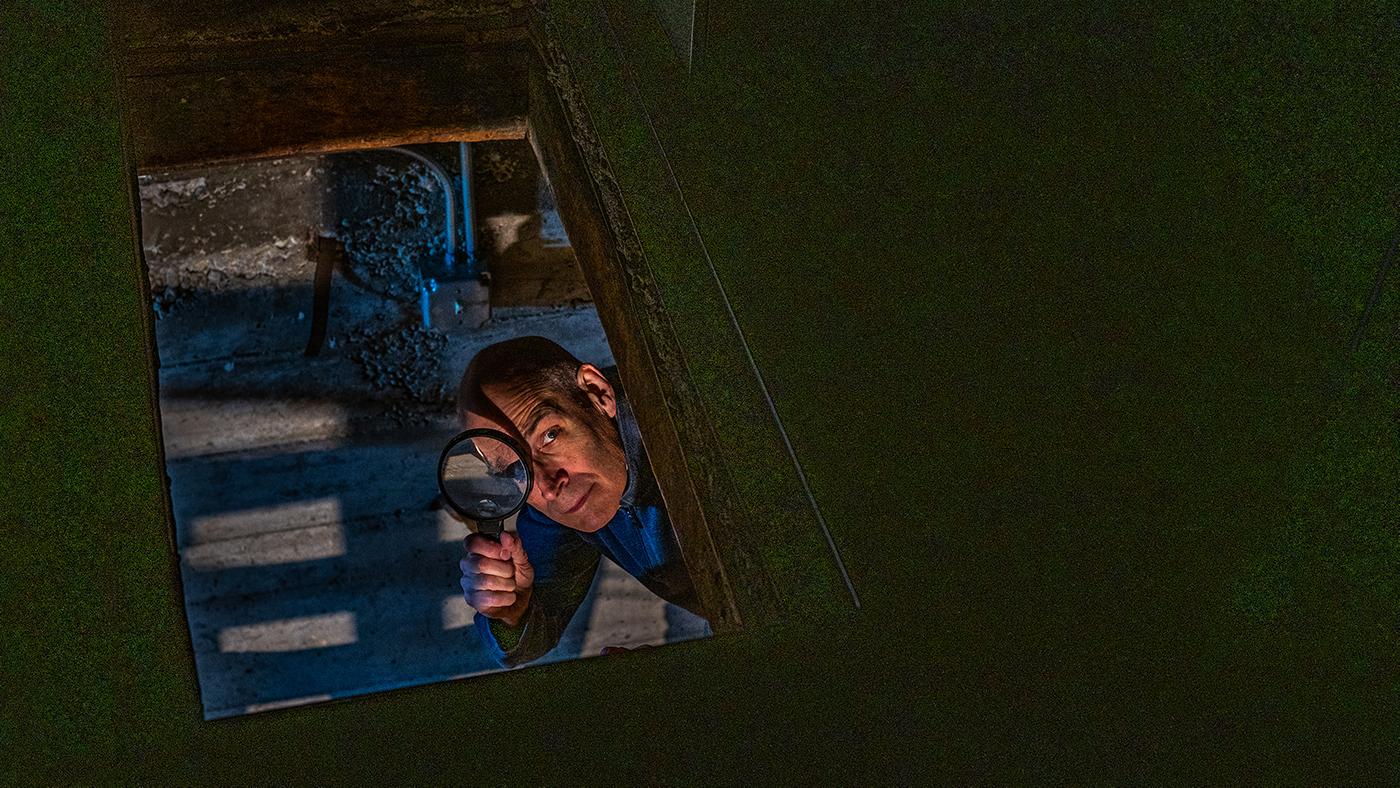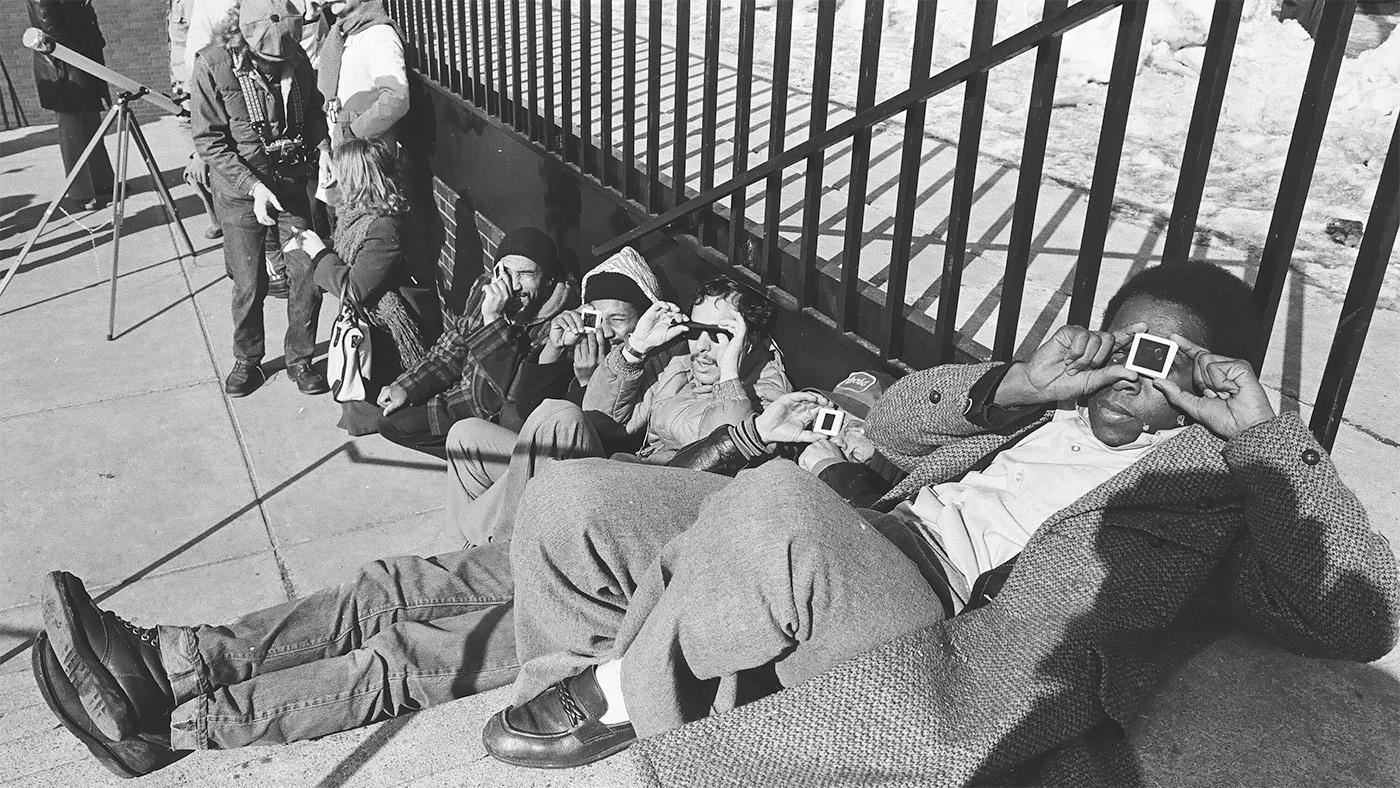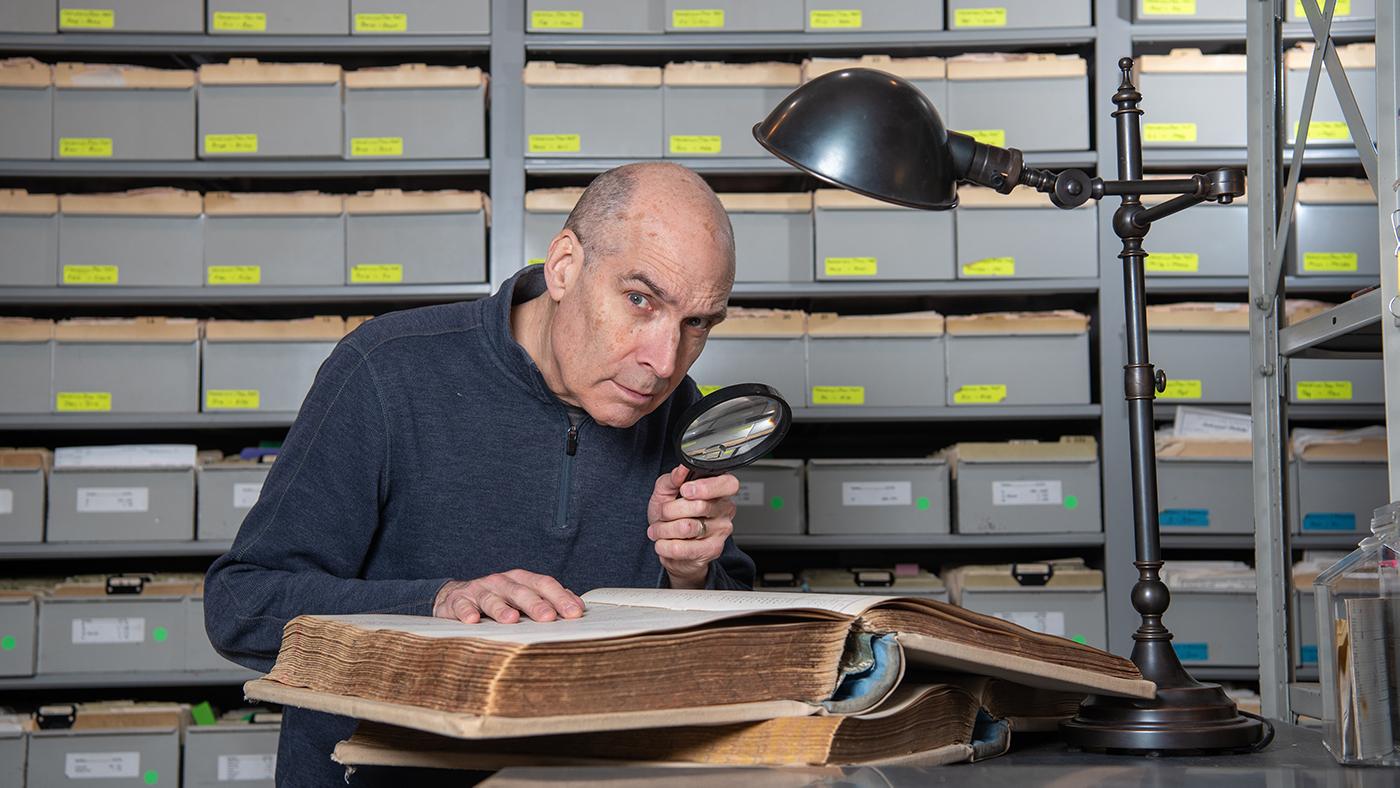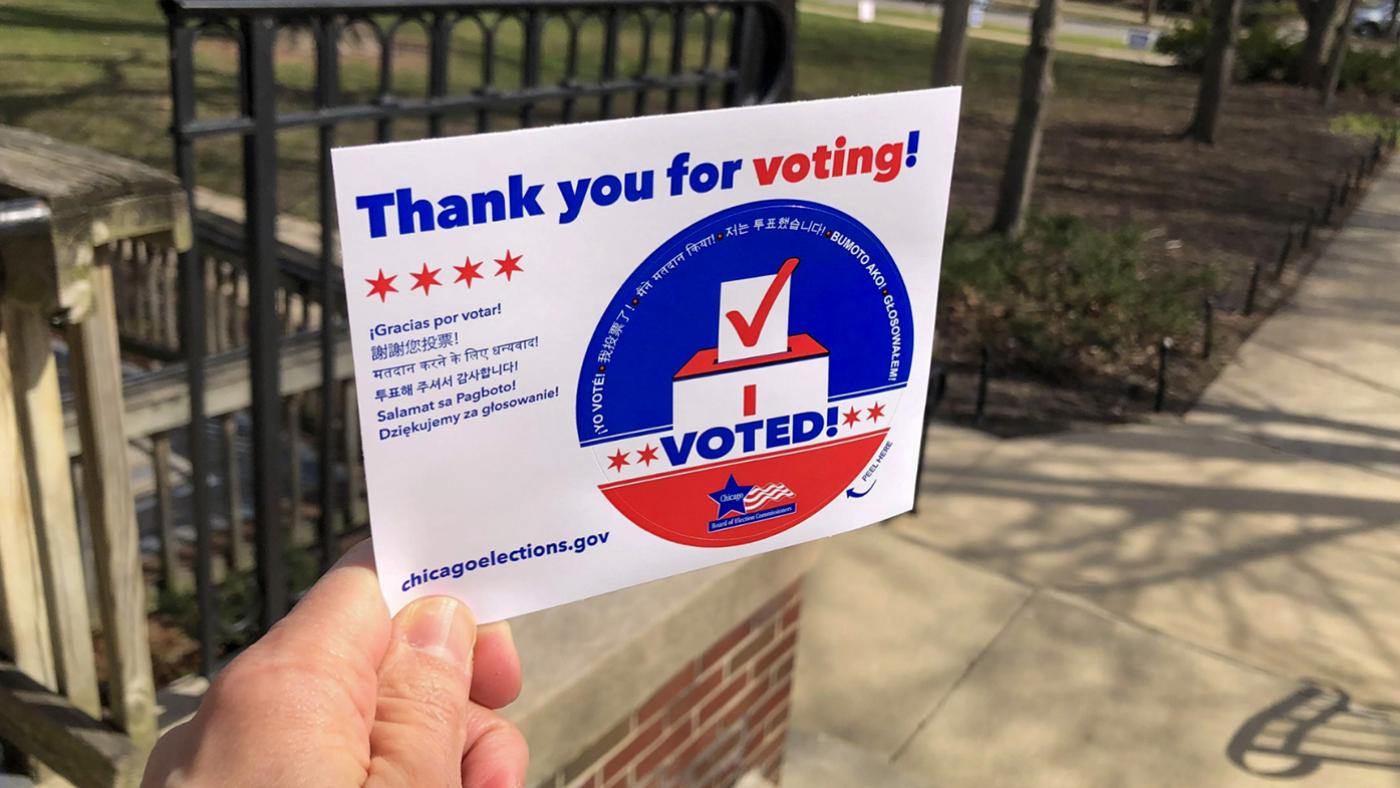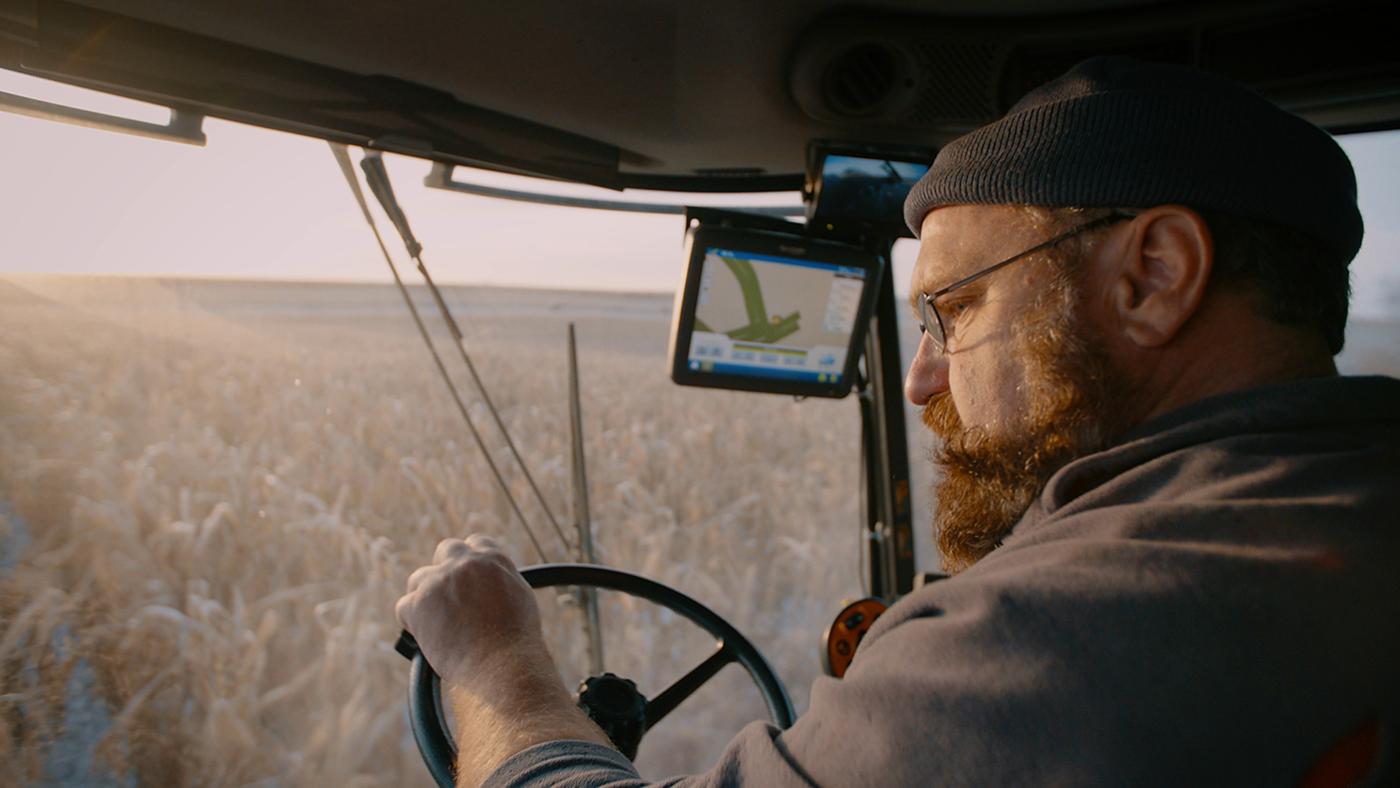"Teetering Over the Abyss of Poverty": Child Poverty in the US
Daniel Hautzinger
November 22, 2017
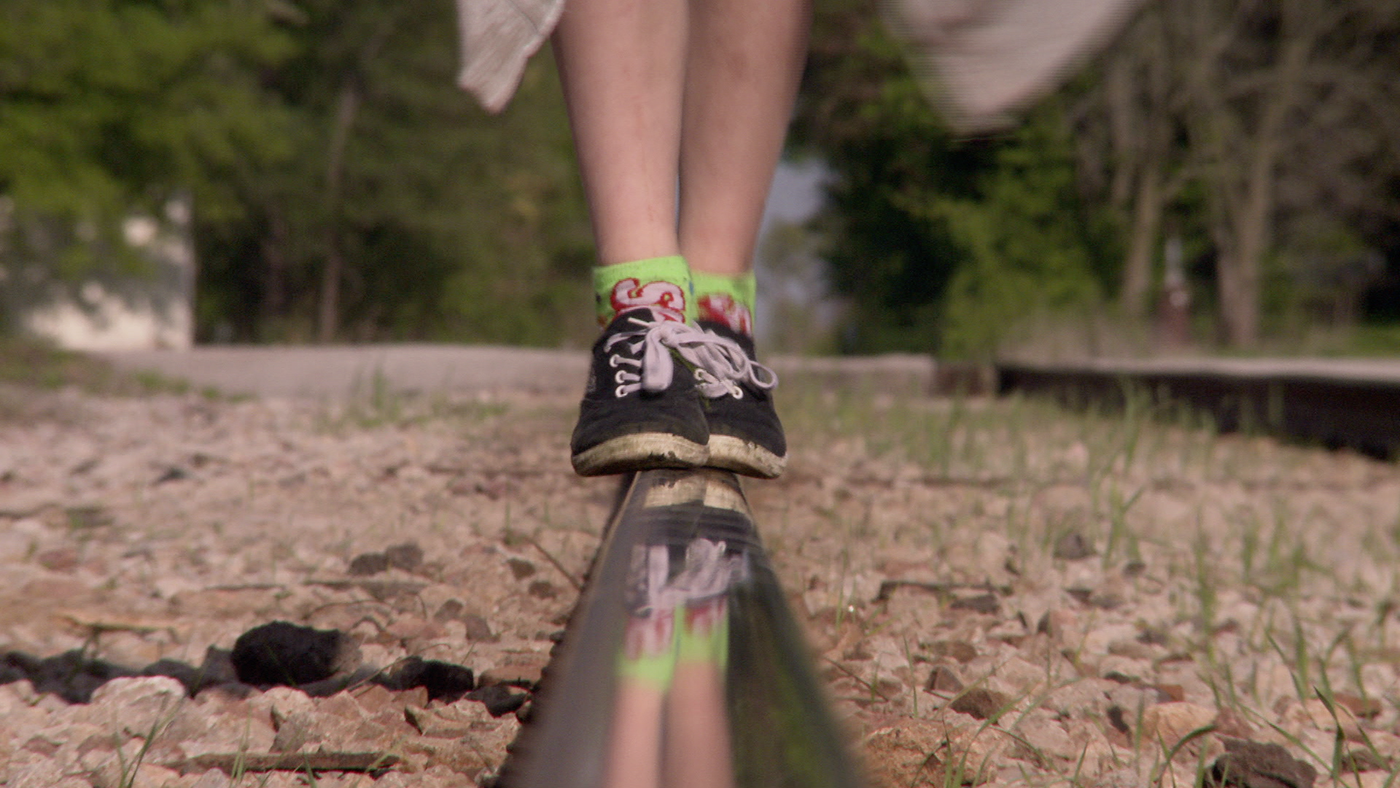
Frontline: Poor Kids is available to stream.
Roughly 1 in 7 children in the United States is poor, according to a recent analysis by the Center on Budget and Policy Priorities, a nonpartisan think tank. That’s about 11 million children living in poverty in this country – sadly, a record low. Frontline: Poor Kids looks at the lives of a handful of those children living in the Quad Cities, a metropolitan area that straddles the Mississippi River in Illinois and Iowa. Originally filmed and released in 2012, when the child-poverty rate was at a post-recession high of 18.1%, the documentary has now been updated with the stories of the children five years later.
“It’s a stronger film having them at this older age, because when you’re young you feel like you can do anything,” says Jezza Neumann, the film’s director. “You can reach the clouds; good grades can get you ahead or gain you a football scholarship, as Johnny [one of the children in Poor Kids] believed. But for Johnny at 19 years old, his dreams of football are now just dreams instead of aspirations, I think. They’re still there, but he’s less sure he could ever make it.”
That gradual erosion of belief in possibility, of the idea that you can pull yourself out of your circumstances, can have devastating effects on self-confidence and mental well-being. “You start self-limiting and diminishing your expectations of what you think you can attain,” says Neumann. “This is how you get into generational poverty, and why there are high levels of mental illness in poverty: you get knocked down and knocked down again. Kids can escape into their dreams; adults escape into alcoholism or drugs. They didn’t choose that, but life just keeps pushing them down.”
Part of the reason Neumann focused on children was to illustrate that very lack of choice that governs so much of a life in poverty. “There are a lot of stereotypes about people in poverty: they’re stupid, they’re lazy, they’re dirty. But if you tell the story through the kids, you dispel those. No one can blame them for the situation they’re in.”
Despite the American myth of rugged individualism and pulling yourself up by your bootstraps, it is often difficult to escape the circumstances you were born into in this country, especially given the lack of a strong social welfare system. The Center on Budget and Policy Priorities analysis found that the main reason child poverty has declined in the US is as a result of government support through the food stamp program and two tax credits. (The proposed Republican tax plan would increase one of these tax credits, but provisions surrounding it would actually exclude many low-income families from claiming the credit.) And many European countries that are among the 30 industrialized economies with lower child-poverty rates than the US offer cash allowances to lower-income families with young children.
Although child poverty has declined in the five years since Neumann first filmed the children of Poor Kids, he says that “the reality is that those who have clambered out of the statistics are on a tightrope, teetering over the abyss of poverty. They have barely stepped out of the statistics.
“When you’re born into this world, it’s very hard to realistically change your life,” he continues. “You probably live in an area that isn’t great, because that’s where the cheapest rent is, and then the schools there are probably not great, the public services aren’t as good. You’re already set back, you’re one step behind,” compared to the middle class, who have many more opportunities and options, and more social mobility. “Children in poverty don’t have that choice to go to a better school,” Neumann says. (Race also affects a child’s likelihood of being impoverished: the child-poverty rate is three times that for black and Hispanic children as compared to white or Asian children.)
Yet despite the odds stacked against them, the children of Poor Kids still have hope, however slight and fragile, that they can change their lives. “I know it’s gonna be really hard,” one of them says. “But maybe someday in my future, I’ll graduate from college and push through life.”

